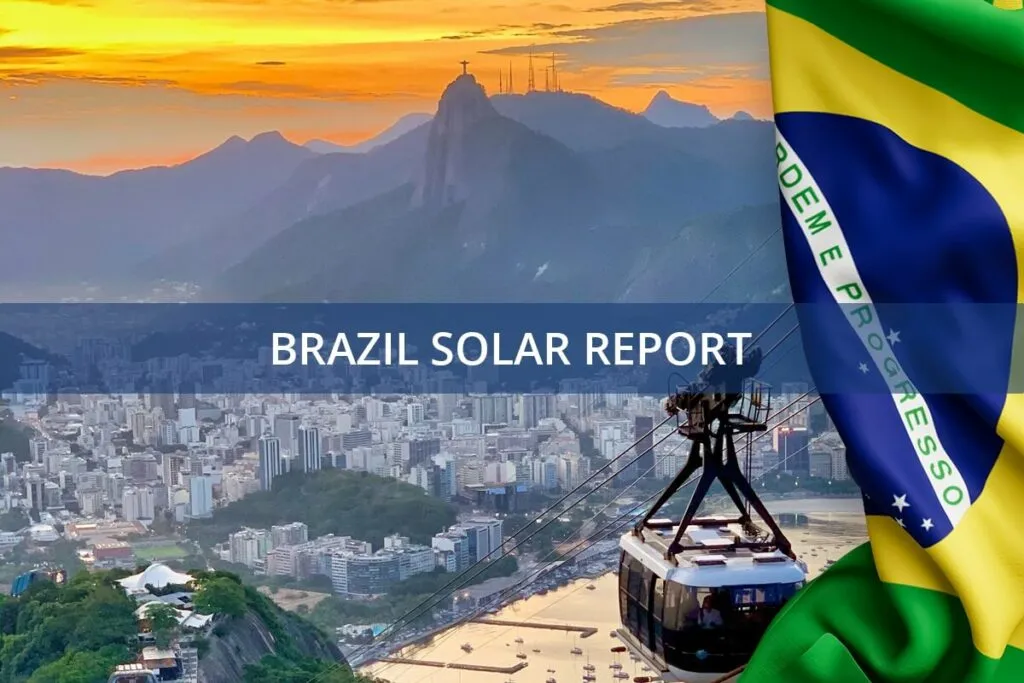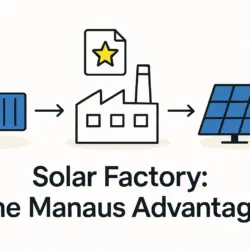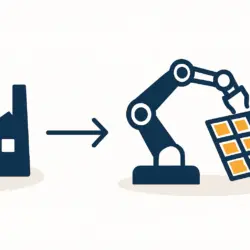Brazil COP30: How Renewable Energy Discussions Impact Germany and Global Energy
Brazil’s hosting of the COP30 climate talks in the Amazonian city of Belém in November 2025 has cast a global spotlight on its commitment to the energy transition and the immense potential for climate finance. While the summit concluded with what many called a “modest” deal, its outcomes have significant implications for international climate policy, the renewable energy sector, and even the choices available to homeowners and tenants in Germany.
The talks successfully balanced progress in some areas with persistent challenges in others, ultimately showing that while global climate cooperation is alive, the path forward is complex.
A Spotlight on Climate Finance and Forest Protection
One of the most significant breakthroughs at COP30 was the renewed focus on climate finance. Recognizing that ambitious goals are meaningless without funding, nations made substantial headway. A key proposal from Brazil and Azerbaijan outlined a roadmap to mobilize a staggering US$1.3 trillion annually by 2035 to support developing countries in their climate efforts.
For the most vulnerable nations, the summit secured a vital commitment to triple adaptation finance by 2035, helping them build resilience against the impacts of climate change. Furthermore, the innovative Tropical Forest Forever Facility (TFFF) was launched, creating long-term financial incentives for countries that successfully protect and restore their tropical forests.
For residents in Germany, these large-scale financial shifts, while not directly funding local projects, reinforce the stability and long-term viability of the green economy. This global momentum encourages continued national investment in renewable infrastructure and the policies that support Germany’s own Energiewende (energy transition).
The Energy Transition: Progress Amidst Deadlock
The most contentious issue at COP30 was the debate over fossil fuels. Despite intense negotiations, the final agreement stopped short of calling for a clear phase-out, a point of major disappointment for many countries and climate advocates.
However, this deadlock did not halt progress. The summit presidency announced a roadmap to guide a just and equitable transition away from fossil fuels. Several forward-looking initiatives were also launched, including the “Beat the Heat Implementation Drive” to promote sustainable cooling technologies and Brazil’s own low-carbon regional development plan.
This global push for renewables directly accelerates the transition already underway in Germany. The increasing demand for technologies like solar panels highlights the importance of the entire supply chain, from the sourcing of solar panel raw materials to the intricacies of the solar panel manufacturing process. Understanding the basics of solar panel manufacturing is no longer just for industry experts; it provides valuable context for consumers navigating the green energy market.
What Does This Mean for Homeowners in Germany?
While international climate negotiations can feel distant, their outcomes ripple down to household decisions and costs. The commitments made at COP30 will influence the German market in several ways:
- Policy and Subsidies: Global momentum toward climate goals often translates into stronger national policies. The discussions at COP30 could influence future German government subsidies for home energy solutions like heat pumps, improved insulation, and balcony power plants (Balkonkraftwerke), making them more accessible and affordable.
- Technology and Costs: A worldwide focus on renewables accelerates innovation and scale. This industrial ramp-up requires sophisticated solar panel manufacturing machines and massive investment. Understanding the typical solar panel manufacturing plant cost breakdown gives a sense of the economic transformation underway, which ultimately aims to make green technology cheaper and more efficient for the end-user.
- Energy Security: The underlying theme of transitioning away from fossil fuels, even without a formal phase-out agreement, aligns perfectly with Germany’s strategic goal of reducing its reliance on imported gas and oil. For homeowners and tenants, this means a future with more stable energy prices and greater energy independence.
Conclusion: A Modest Deal with Major Implications
COP30 in Belém demonstrated that while achieving global consensus is fraught with difficulty, the world is undeniably moving toward a greener future. The summit delivered tangible progress on climate finance and launched initiatives that will accelerate the energy transition.
For those of us in Germany, the message is clear: the global shift to renewables is gaining momentum. The decisions made in the heart of the Amazon will continue to shape our energy policies, influence the technology available for our homes, and define the path toward a more sustainable and secure energy future.
The global energy transition is complex, but its impact on our daily lives is clear. To better understand the technology that powers this change, consider exploring our free e-course on the essentials of solar energy.



